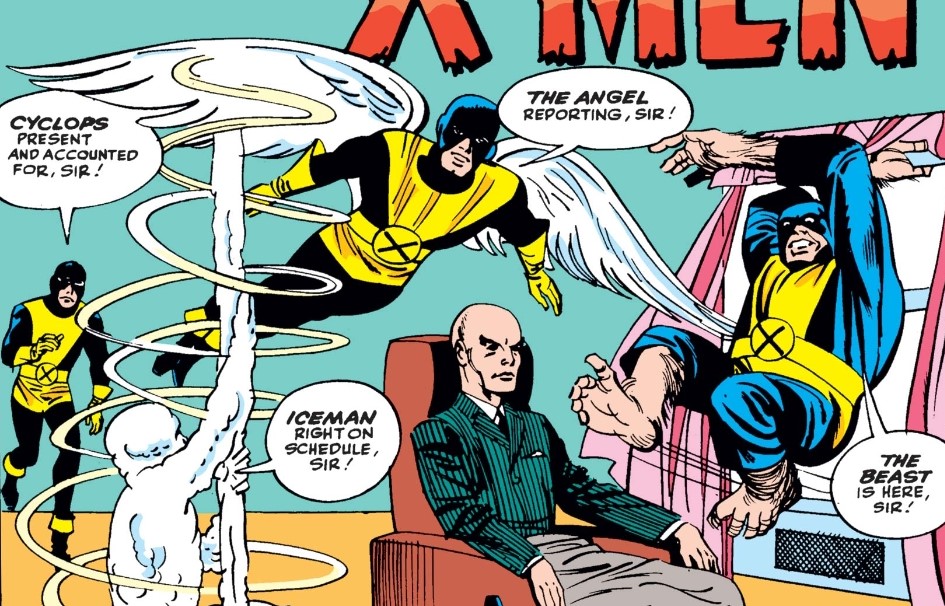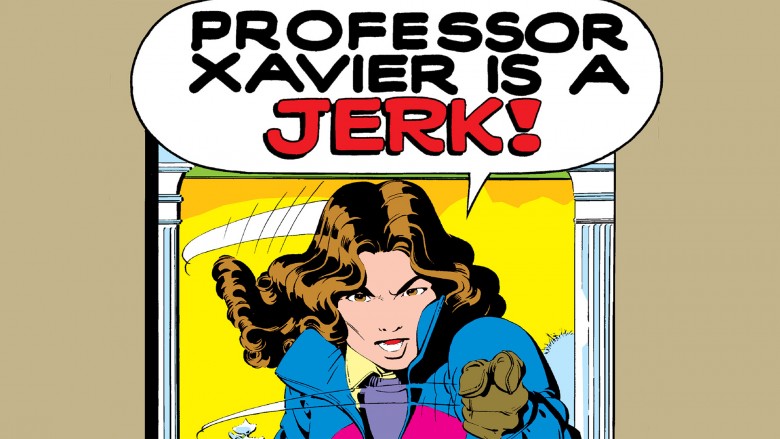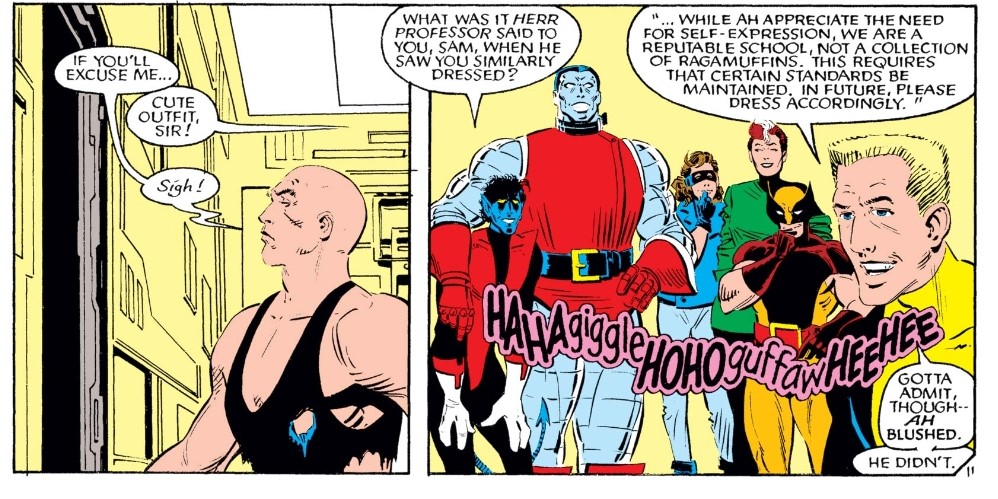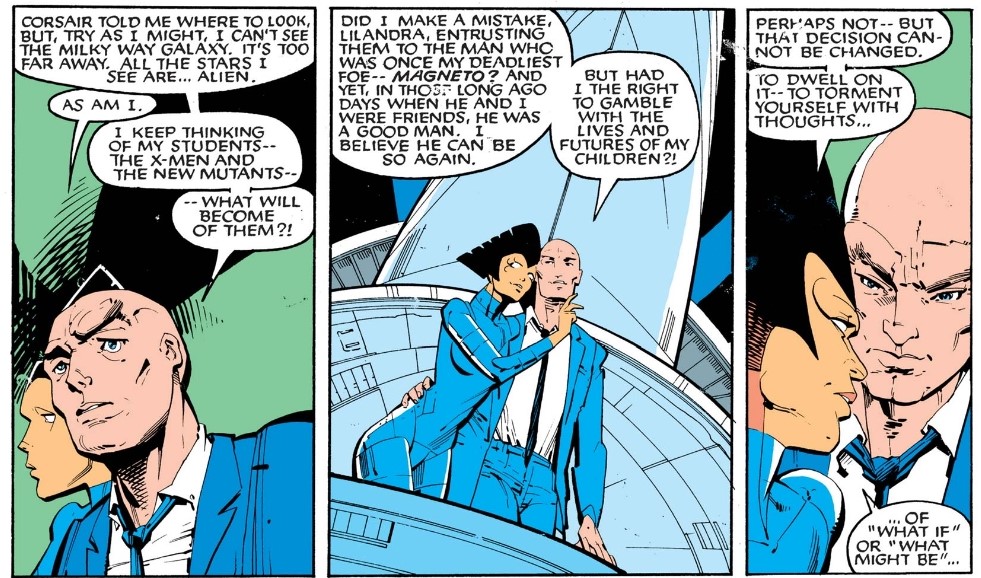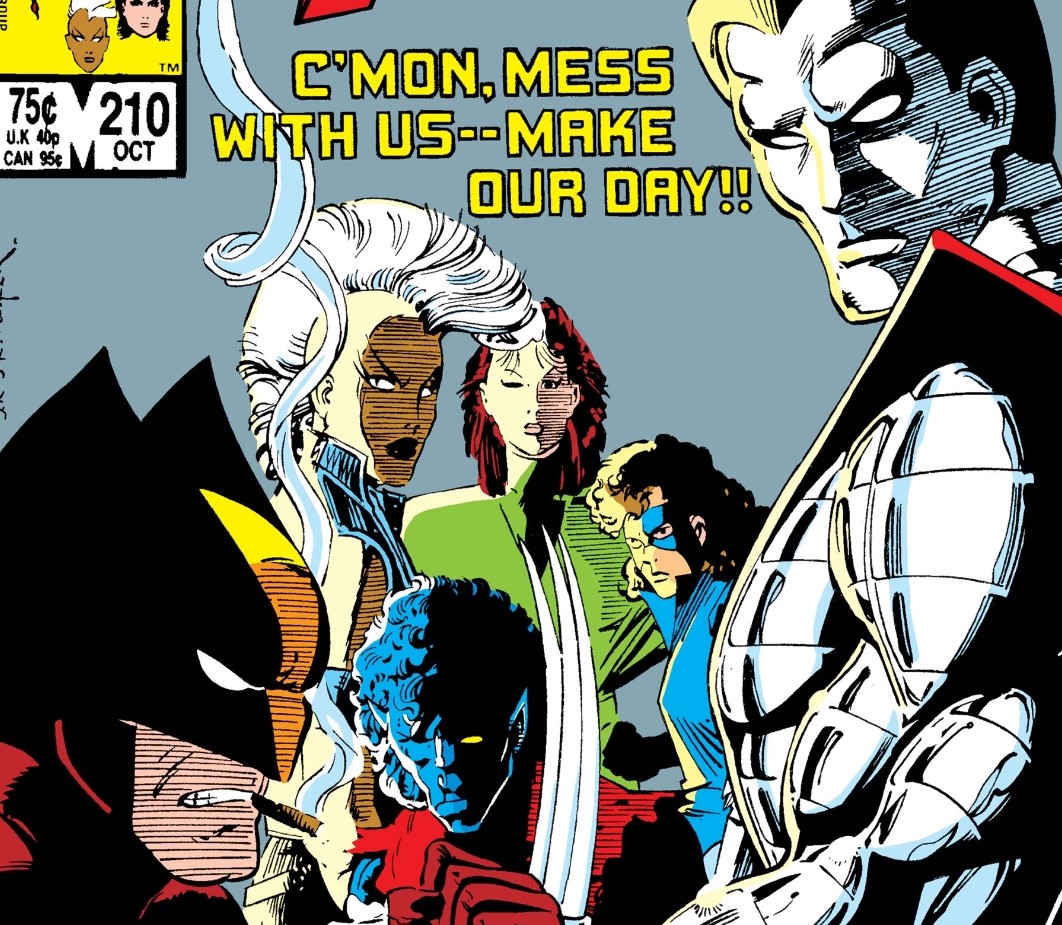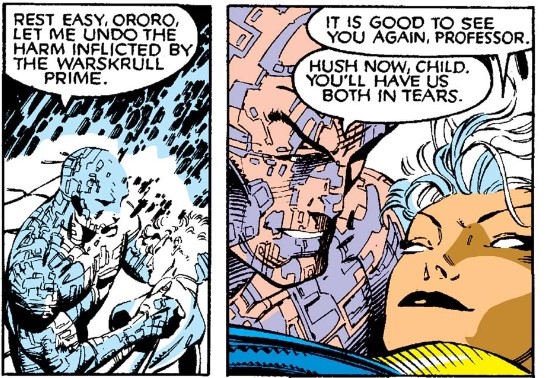The benevolent patriarch is a standard character archetype in the silver age of comics. With Prof X, Claremont takes that trope and converts into X’s hamartia (tragic flaw), altering the course of the entire series accordingly. #xmen 1/7
Arguably, the first development in this process is the erosion of X’s efficacy as a patriarch. After the new X-Men are formed, and spend some time away, X finds that his method of leadership (based in a condescending master>apprentice paradigm) no longer works. 2/7
This will continue to be a theme throughout many years of X-Men continuity. Xavier doesn’t know how to lead without treating his team as wards, possibly even as children. As this becomes untenable (even with actual child, Kitty) he loses his sense of purpose. 3/7
That’s not, however, entirely unproductive. Xavier’s failure as patriarch, frees him up to serve as more of an equal to the X-Men, which, in turn, allows him to become a more relatable character, effectively humanizing him. 4/7
Claremont uses him in this new form throughout much of the pre-200 stories, before setting Charles free, effectively, to live his own adventure among the stars with his beloved Lilandra. 5/7
This, in turn, has a cascading effect on the X-Men, allowing the cultivation of a more mature team, one that strives to maintain direction and to find purpose in their mission beyond the unquestioned dictates of their authoritative Professor. 6/7

 Read on Twitter
Read on Twitter